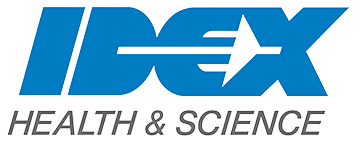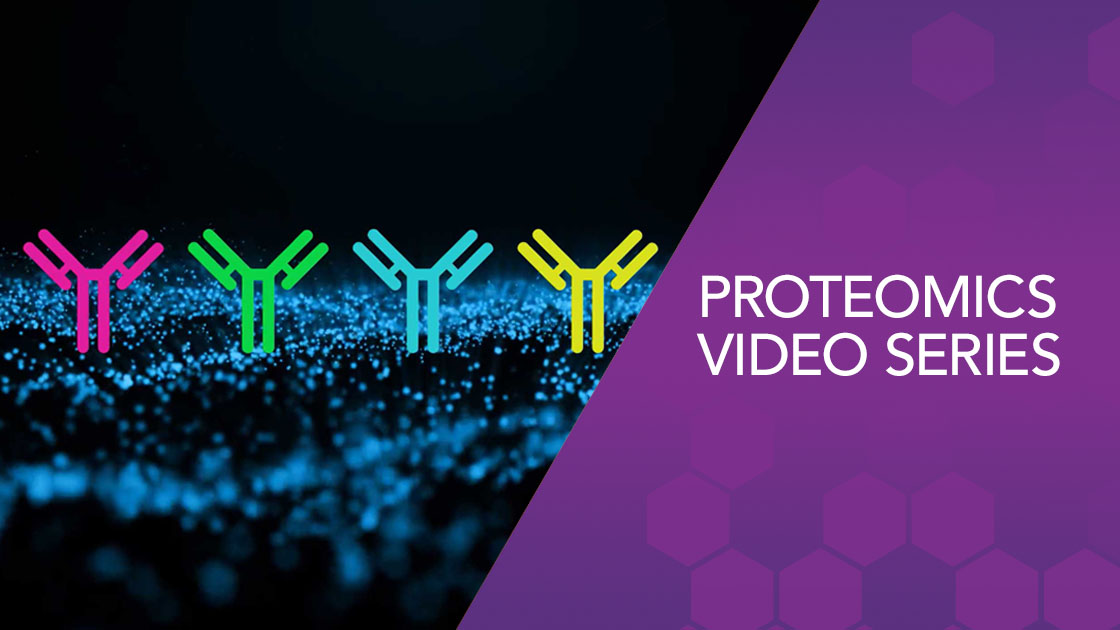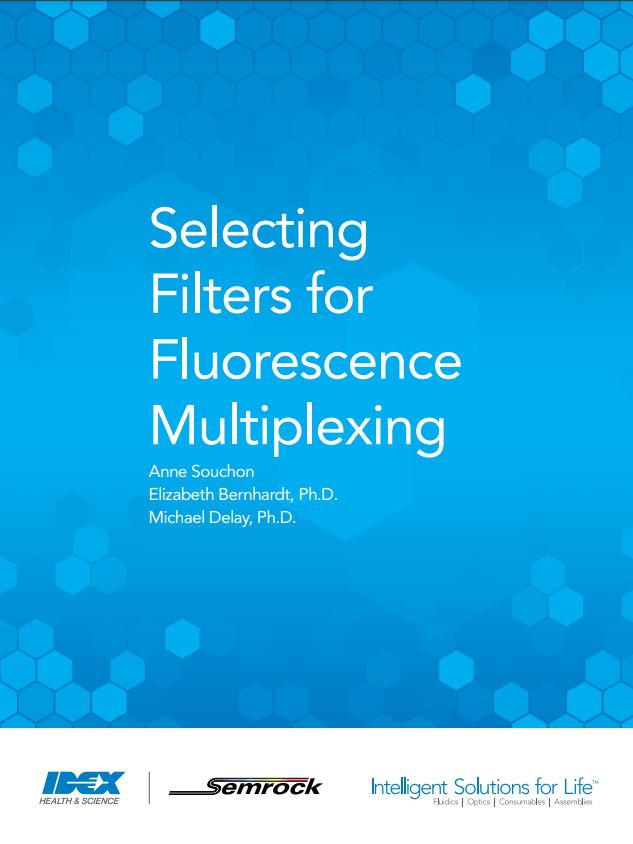

Proteomics Versus Genomics
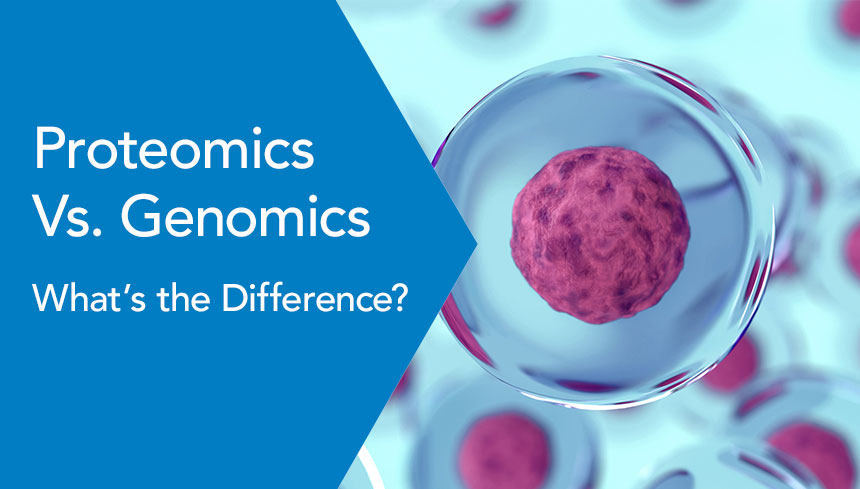
The Difference is in the Proteins
You may have heard that Proteomics is the new buzz word in biotechnology / life sciences applications. But, what is Proteomics and how does it differ from Genomics? Let’s start with the core definitions between the two.
What is Proteomics?
Proteomics is the systematic, large-scale analysis of proteins. It’s based on the concept of the proteome—a complete set of proteins produced by an organism or cell under certain conditions.
What is Genomics?
Genomics is the study of the complete set of DNA (including all of its genes) in a person or other organism. Almost every cell in a person’s body contains a complete copy of the genome.
What’s the Difference Between Genomics and Proteomics?
While both concepts are similar, the main difference between genomics and proteomics is that genomics is the study of the entire set of genes in the genome of a cell, and proteomics is the study of the entire set of proteins produced by the cell. Genomics has been instrumental in helping scientists and researchers understand the link between diseases and genes, while Proteomics can do the same, but at the level of the protein.
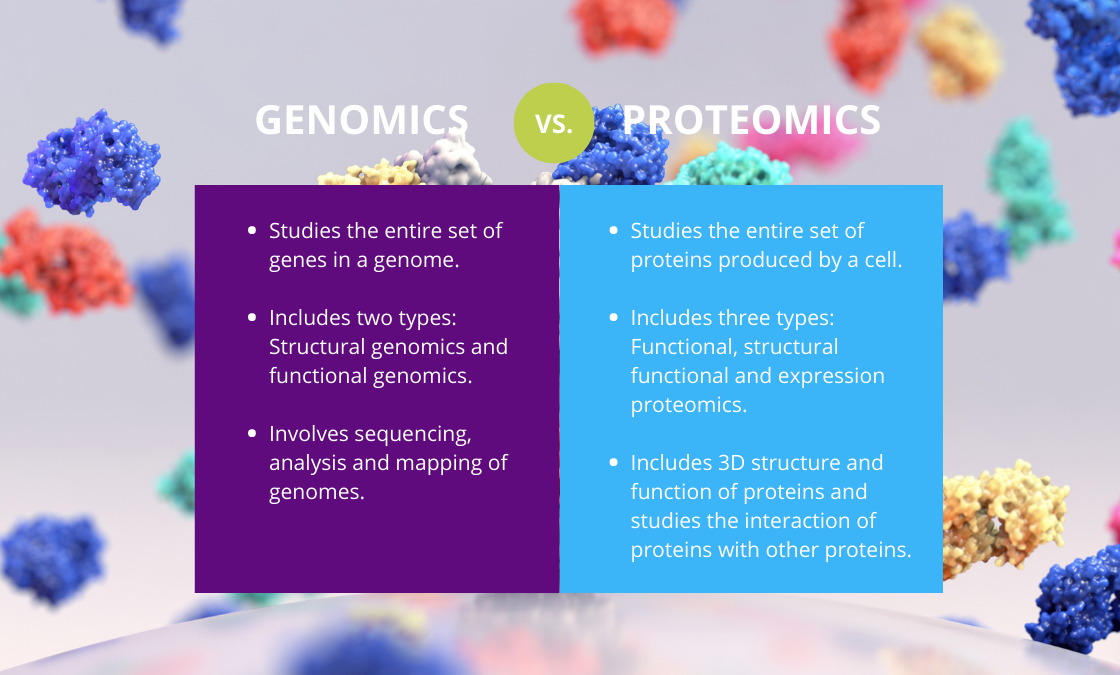
It’s a Proteomics Revolution
Proteomics is the fastest growing sector in Multiomics. There are many exciting developments in treating patients more effectively with help from Proteomics research. Through a Proteomics approach, researchers can detect more protein targets than Genomics, which leads to highly effective clinical trials and biomarker studies. These trials and studies result in novel drugs to better treat diseases.
Benefits of Proteomics in Life Sciences:
- Provides a better understanding to the nature of protein-drug interactions, which helps researchers create clinical trials that lead to new drug development and treatments that target specific diseases such as cancer, cardiovascular disease, infectious diseases, and more.
- Identifies novel biomarkers to help diagnose and fight diseases. These biomarker studies provide deeper insights into the biological characteristics that drive the clinical behavior of diseases such as cancer.
- Characterizes the proteinous components of foods and their changes during production. This method helps identify quality biomarkers to design better and safer foods.
How IDEX Health & Science Helps with Proteomics Research
IDEX Health & Science is the world leader in optofluidic technology and sub-systems used in life science and healthcare applications. We helped pave the way with enabling technologies for genomic research and next generation sequencing, which has helped improve lives around the world. Now, we are ready to help lead the way with Proteomics.
We offer a holistic approach to fluidics, illumination, imaging, and optical filtering – we are experts in each area with extensive industry experience in solving complex optofluidic challenges. Companies and OEMs looking to pivot from Next Generation Sequencing to the detection of proteins can’t afford to wait. We can help you develop instruments for liquid chromatography, mass spectrometry and optics applications.
Learn more about our Next-Generation Sequencing Capabilities
Partner with IDEX Health & Science for OEM Proteomics Instrument Development
*Required Field
Upon submission of this form, you will receive an email from IHSmarketing@idex-hs.com to verify your email address. Please open the email with subject line: "Please confirm your email address" and click "I confirm" to complete the request.
